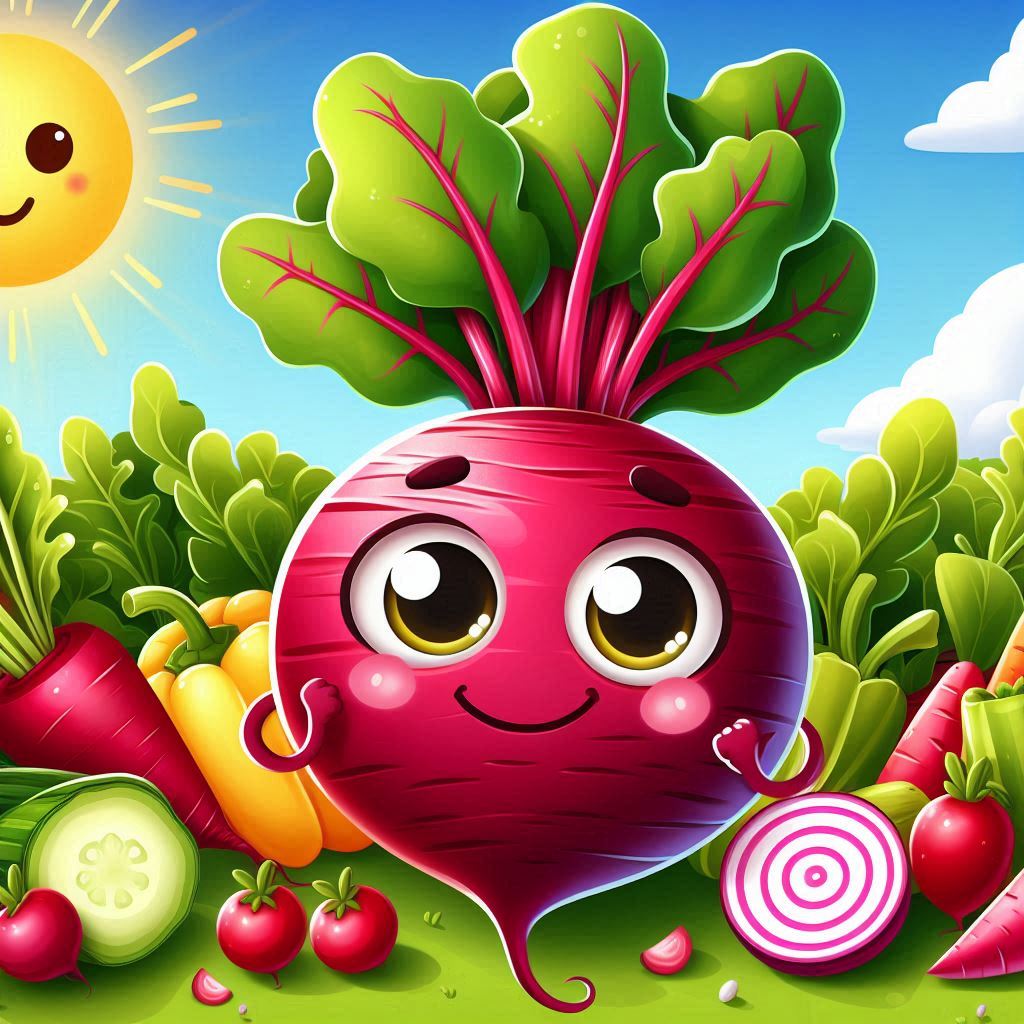“Get Ripped with Greens: 10 Veggies to Supercharge Your Protein Intake”

It’s often said that abs are made in the kitchen. But guess what? All muscles are made in the kitchen! While exercise and regular physical activity are crucial for gaining muscle mass, a diet rich in protein is equally important. Surprisingly, vegetables can be a fantastic source of protein, vitamins, and minerals to support your muscle-building journey. Here are ten nutrient-dense vegetables to incorporate into your meals for optimal muscle growth and repair:
“Veggies That Pack a Punch: 10 Protein-Rich Options for Muscle Growth”
- Broccoli: This green powerhouse is loaded with protein, fiber, vitamins C and K, and folate. These nutrients support collagen production, aiding in muscle recovery. Whether steamed, roasted, or added to stir-fries, broccoli is a versatile addition to any meal.
- Spinach: Often hailed as a superfood, spinach is packed with protein, iron, calcium, and magnesium—essential for muscle function and repair. Incorporate spinach into salads, smoothies, or cooked dishes for a nutrient boost.
- Peas: Rich in protein, fiber, and vitamins such as C and iron, peas are excellent for muscle building. Enjoy them steamed, in soups, or as a side dish.
- Mushrooms: A great source of protein, antioxidants, and fiber, mushrooms support muscle repair and growth. Grill or sauté them to enhance your meals.
- Kale: This leafy green is rich in protein, vitamins A, C, and K, and antioxidants. It can be added to salads, smoothies, or cooked dishes.
- Brussels Sprouts: These mini cabbages are high in protein, fiber, and vitamins C and K. Roast or steam them for a nutritious side dish.
- Asparagus: Rich in protein, fiber, and vitamins A, C, and K, asparagus supports muscle growth and recovery. It can be grilled, roasted, or added to salads.
- Artichokes: High in protein, fiber, and antioxidants, artichokes are great for muscle repair. Steam or grill them for a tasty addition to your meals.
- Edamame: These young soybeans are packed with protein, fiber, and vitamins. Enjoy them steamed or added to salads and stir-fries.
- Sweet Corn: This delicious vegetable is not only high in protein but also provides essential vitamins and minerals. Add it to salads, soups, or enjoy it grilled.
Protein Requirements by Gender and Age
Here’s a table summarizing the daily protein requirements based on gender and age:
| Gender | Age Group | Daily Protein Requirement (grams) |
|---|---|---|
| Male | 19-30 years | 56 |
| Male | 31-50 years | 56 |
| Male | 51+ years | 56 |
| Female | 19-30 years | 46 |
| Female | 31-50 years | 46 |
| Female | 51+ years | 46 |
“Beyond Protein: The Surprising Benefits of Adding These Veggies to Your Diet”
Not just protein here is some free goodies benefits of including protein-rich vegetables in your diet:
| Benefit | Description |
|---|---|
| Enhanced Energy Levels | Protein helps stabilize blood sugar levels, providing steady energy. |
| Improved Digestion | High fiber content aids digestion and keeps your gut healthy. |
| Better Skin Health | Vitamins and antioxidants contribute to glowing, healthy skin. |
| Stronger Immune System | Nutrients like vitamin C and zinc boost your immune system. |
| Weight Management | Protein helps you feel full longer, reducing overeating. |
| Heart Health | Nutrients like potassium and magnesium support cardiovascular health. |
| Bone Health | Calcium and vitamin K maintain strong bones and prevent osteoporosis. |
| Mental Clarity | Nutrients like iron and magnesium improve focus and memory. |
| Reduced Inflammation | Antioxidants and anti-inflammatory compounds reduce inflammation. |
| Environmental Impact | Plant-based diets are more sustainable and have a lower environmental impact. |
Incorporating these protein-rich vegetables into your diet not only supports muscle growth but also enhances your overall health and well-being. Enjoy the benefits of these nutrient-dense powerhouses!
